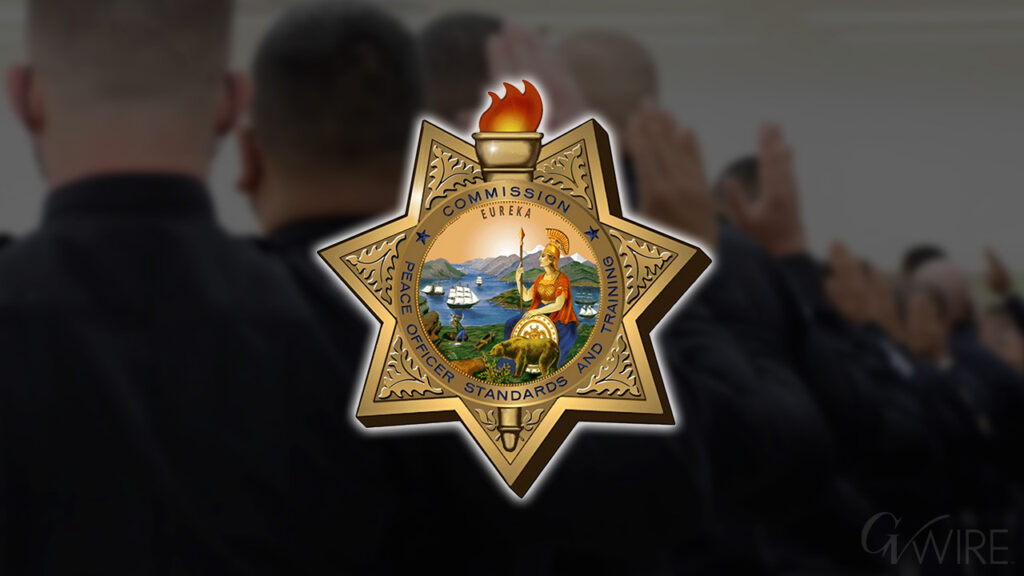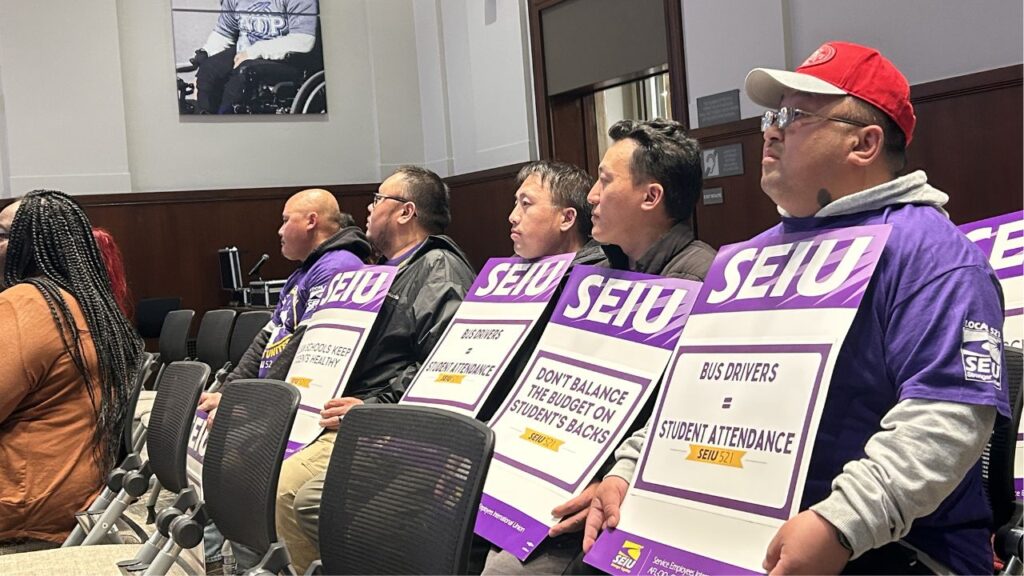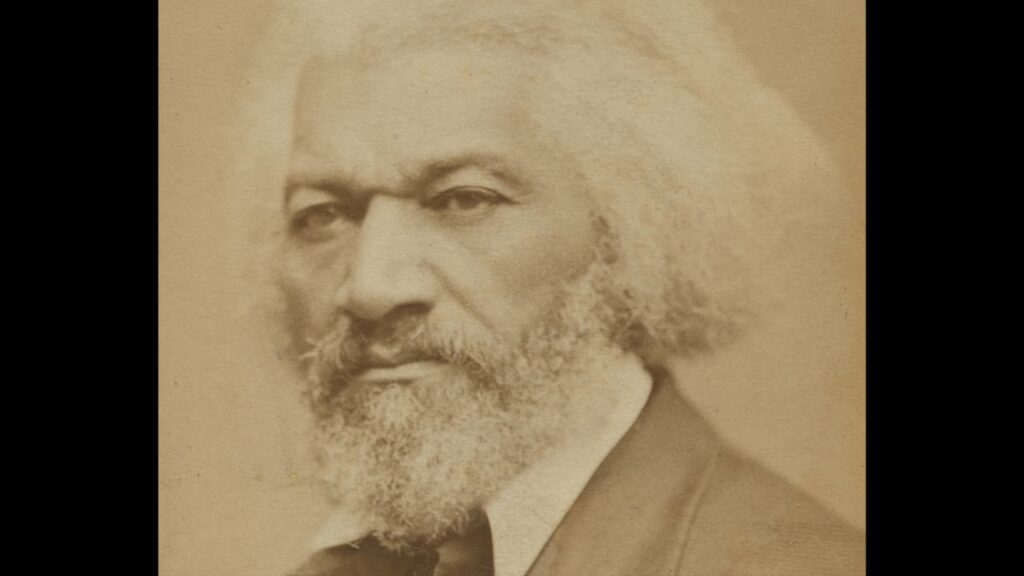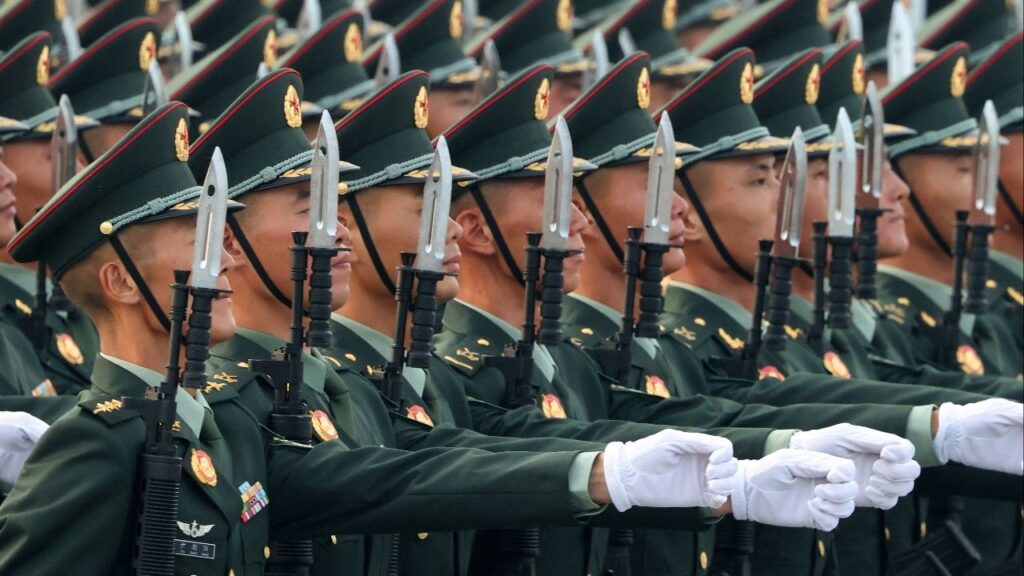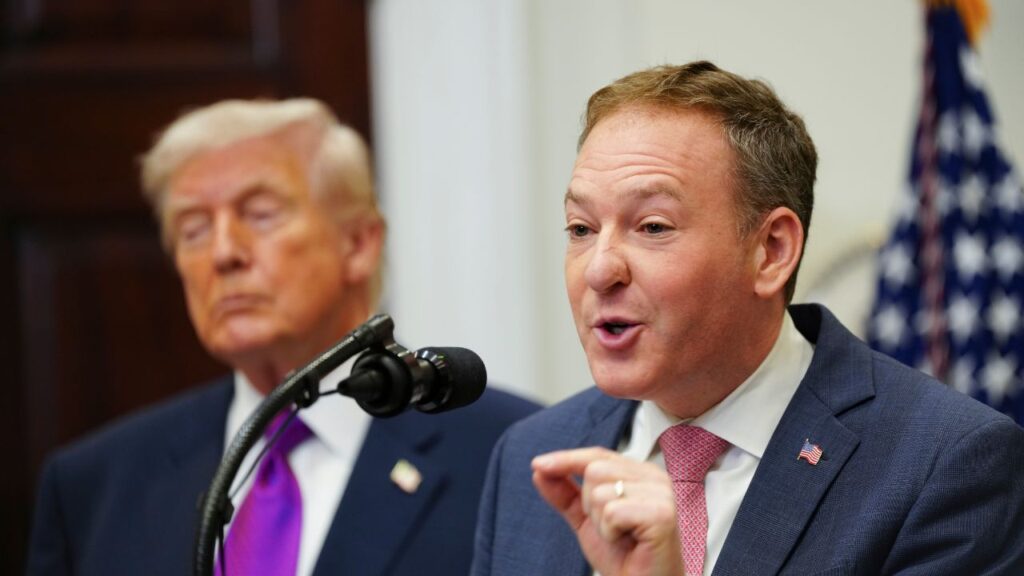Share
|
Getting your Trinity Audio player ready...
|
In this time of polarization, authoritarian populism, and big-money politics, we the people are told we must save democracy.

Joe Mathews
Opinion
But democracy costs money. And democracy—unlike the governments and special interests that control it—has no budget. So how are you and I supposed to pay for all that democracy-saving?
There’s a new, practical answer to that question—called “Democratic Action Funds.”
I first heard a proposal for these from Marjan Ehsassi, a non-resident future of democracy fellow with the Los Angeles-based Berggruen Institute, at a democracy conference I ran in Mexico City.
Ehsassi has studied some of the world’s least democratic places — Iran, Cuba, and North Korea. But in recent years she has turned her attention to backsliding democratic societies, including the United States, where big majorities of people tell pollsters that they have no real voice in government. Since we feel powerless, more of us are disengaging from political processes and civic life.
How to Empower Regular People
To get people reconnected, Ehsassi and others have embraced innovations to give everyday people a consequential voice. Among the most promising are innovative deliberative bodies that empower regular people — rather than elected officials—to study an issue and make consensus policy proposals. These bodies are sometimes called citizens’ juries, citizens’ assemblies, or reference panels.
I met Ehsassi last summer in Petaluma, in Sonoma County, where she was evaluating the first-ever citizens’ assembly in California.
There have been hundreds of such assemblies around the world—examining everything from snowmobile use in Finland to land-use decisions in Japan. But the practice is still rare, and growth of any democratic innovation is slow—mainly due to the cost of trying something new.
Which is where Democratic Action Funds would come in.
The idea — from Ehsassi and her colleague Peter MacLeod, founder of a Canada-based participation organization called MASS LBP — is straightforward:
Set aside a slice of the billions of dollars that mature democracies spend on elections and legislative operations, and use that money to fund the democratic efforts of regular people.
Under Ehsassi and MacLeod’s proposal, any jurisdiction with elections would allot 5% of its election and legislative operational spending to this fund. About 5% is what most industries spend on research-and-development.
Set Aside 5% of Election Money for Democratic Action Funds
Democratic governments at any level — local, regional, national — could establish such funds. Each fund would be a trust, administered by an independent secretariat.
Most of the fund’s money would go out in grants, for which governments, agencies, companies, NGOs, or others would apply. Under Ehsassi’s plan, a randomly selected group of citizens, not the fund’s administrators, would evaluate and choose which proposals get funded.
The money would be used to support citizens’ assemblies and other “high-quality participatory and deliberative initiatives.” The fund would also set some money for training people involved in these processes, for monitoring, and for research and development of best practices.
In the United States, the total cost of the fall 2022 election was $16.7 billion. Five percent would give the country a Democratic Action Fund of $830 million, enough to inspire a range of democratic innovations in every state.
In California, where an election can cost $300 million to run, a state-level Democratic Action Fund would receive $15 million annually. Such a fund could offer 60 grants of $250,000 every year. Ehsassi anticipates the funds sharing costs with the jurisdictions in which projects take place.
A program like this would involve thousands of Californians directly in democratic innovation and government decision-making. Research shows that such participation improves civic and democratic skills, and engagement, of the everyday people who participate.
Ehsassi stresses that these public participation platforms “are not progressive or conservative. Citizens’ assemblies are citizen-centric, put the public back in policy, and are healthy complements to our representative systems of government.”
In other words, Democratic Action Funds could make people, and our culture, more democratic — and are an inexpensive way to help us, the people, save democracy.
About the Author
Joe Mathews writes the Connecting California column for Zócalo Public Square.
RELATED TOPICS:
Categories
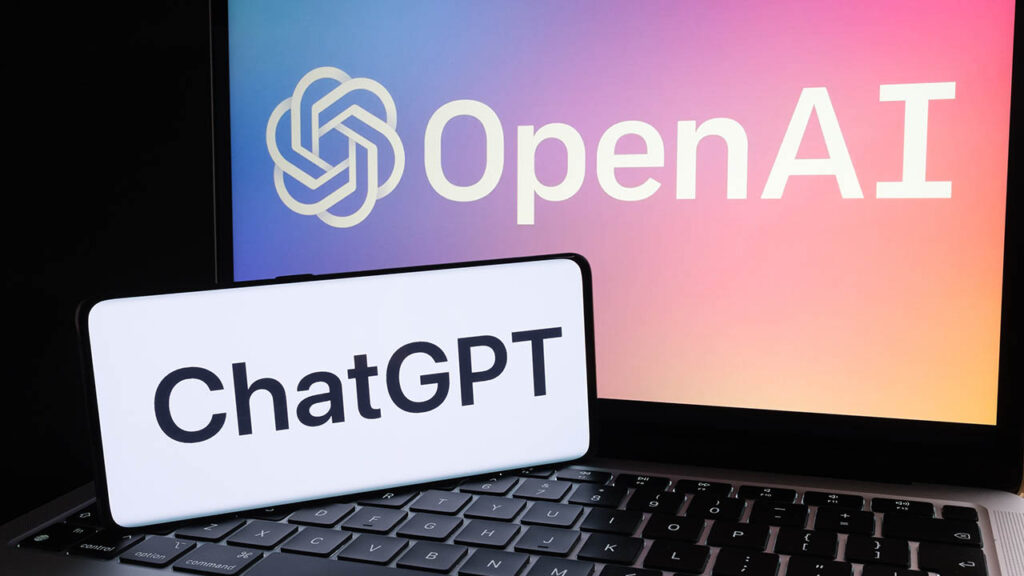
Is ChatGPT Down Again? Here Is What We Know






